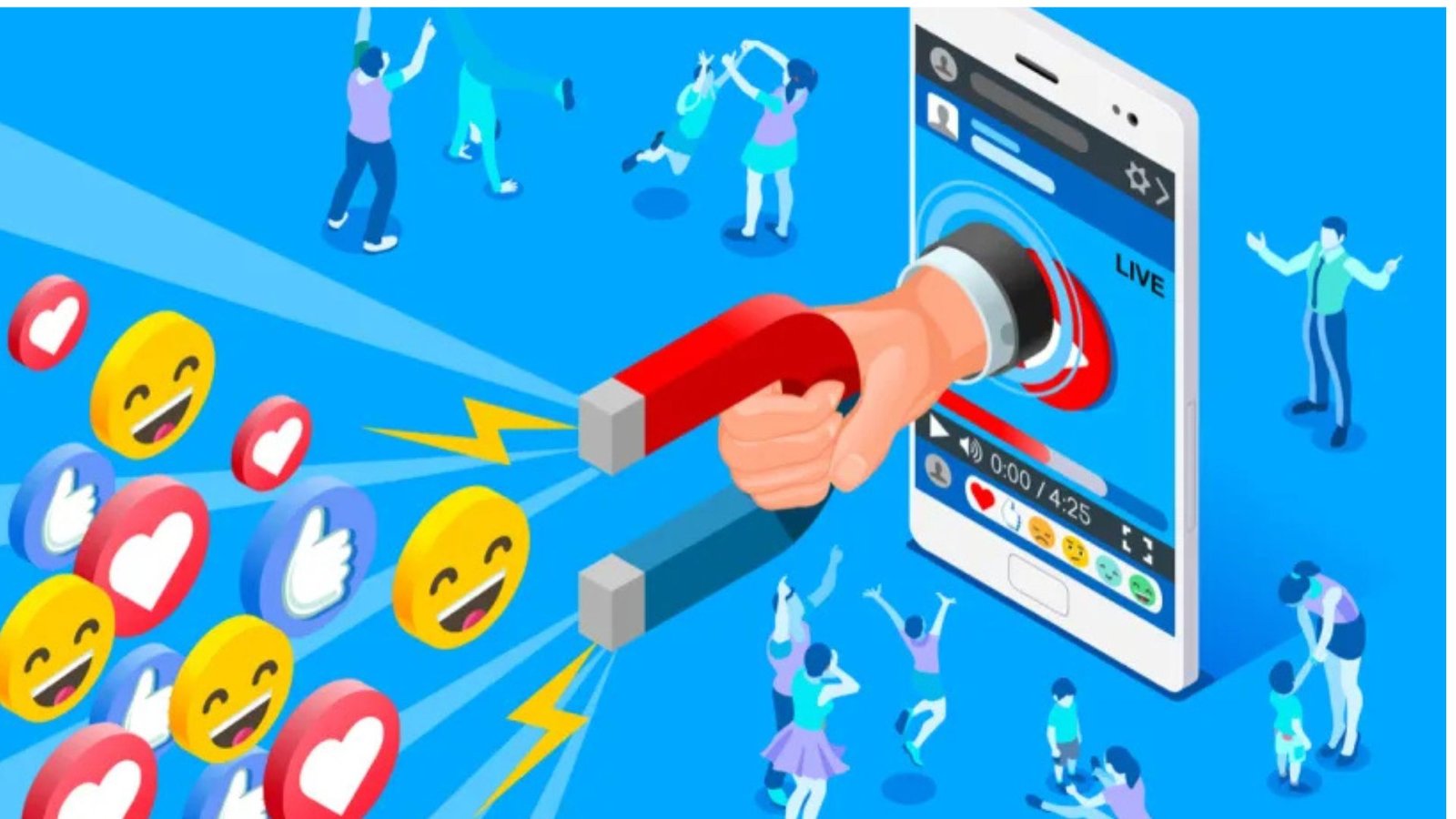Social media has revolutionized music promotion, making it easier for artists to connect directly with their audiences. Platforms like Instagram, Twitter, and TikTok allow musicians to share their music instantly, reaching global audiences. With just a few clicks, artists can upload videos, teasers, and behind-the-scenes content to engage with fans. This shift has empowered musicians to take control of their own promotional efforts, reducing reliance on traditional media outlets.

Instant Global Reach for Artists
Social media provides artists with the opportunity to reach fans worldwide in real time. Unlike traditional methods, such as radio or TV, which are limited by geography, social media offers instant access. Whether an artist is based in New York or a small town, they can now connect with listeners from across the globe. Platforms like YouTube, Instagram, and TikTok have broken down barriers, giving musicians a direct channel to their audience.
The ability to share music instantly has made promoting new releases faster and more efficient. Artists no longer have to wait for months to appear on mainstream media. Instead, they can create buzz online and see immediate responses from fans and industry influencers.
Increased Fan Engagement and Interaction
Social media fosters direct interaction between artists and their fans, creating a sense of community. Fans can comment, share, and even participate in the creative process. This level of engagement builds stronger connections and loyalty between artists and their supporters.
Live-streaming features on platforms like Instagram Live and TikTok allow fans to interact with artists in real time. Artists can hold Q&A sessions, share unreleased music, and even perform live from the comfort of their homes. These interactions have made fans feel more involved in an artist’s journey, deepening their emotional investment in the music.
Music Virality and Social Media Challenges
Social media has become the birthplace of viral music moments. Platforms like TikTok, with its short-form video format, have become a key tool for music discovery. Users often create dance challenges or lip-sync videos to popular songs, helping tracks go viral. As a result, songs can gain millions of streams or viral attention with the right content shared at the right time.
For instance, songs like “Old Town Road” by Lil Nas X gained widespread success thanks to viral TikTok trends. These social media-driven moments have the power to catapult unknown artists to international fame almost overnight. This shift has fundamentally changed how the music industry identifies and promotes new talent.
Cost-Effective Music Promotion
Social media has also made music promotion more accessible and affordable for emerging artists. Unlike traditional methods that require costly marketing campaigns and record label support, social media platforms are free to use. Artists can promote their music by posting regularly, sharing videos, and interacting with their followers.
By leveraging organic reach and paid ads, musicians can create targeted campaigns that resonate with specific audiences. Social media platforms offer detailed analytics, allowing artists to track engagement and adjust their strategies. This cost-effective approach makes it possible for independent musicians to grow their fan base without breaking the bank.
The Role of Influencers and Collaborations
Influencers and collaborations have become an essential part of modern music promotion. Social media influencers, with their large followings, can help artists gain exposure by sharing music or featuring songs in their content. This has led to many artists partnering with influencers to promote their music on a wider scale.
Collaborations with other musicians on platforms like Instagram and TikTok also help artists reach new audiences. These partnerships, whether through shared performances or joint content creation, introduce artists to fans they might not have otherwise reached. Social media enables these cross-promotions to happen quickly and on a global scale.
Conclusion
Social media has transformed music promotion by providing artists with direct access to their audiences. It allows for instant global reach, increased fan engagement, and the creation of viral moments. Artists no longer rely solely on traditional methods to promote their music, making promotion more cost-effective and accessible. As social media continues to evolve, its influence on the music industry will remain a powerful tool for musicians seeking to connect with fans and grow their careers.











